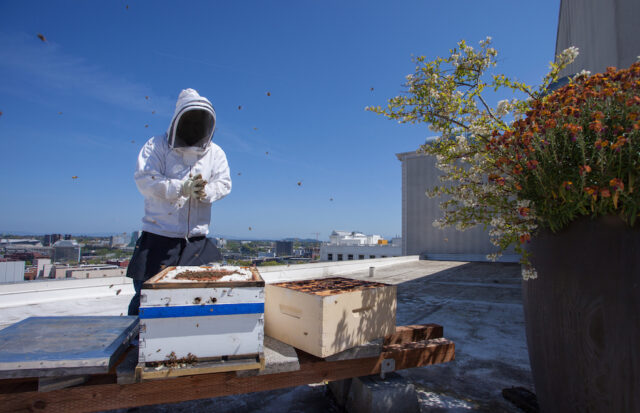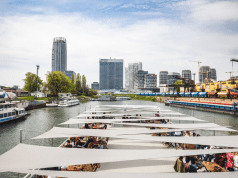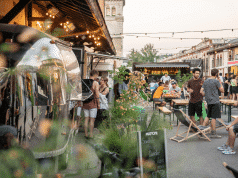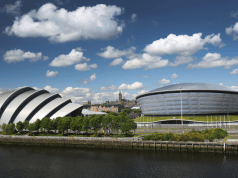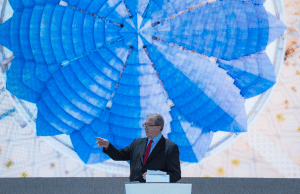BEES AND MEETING PLANNERS
Urban beekeeping has become a booming activity in Bratislava and excellent honey the result of passion and skill that meeting planners can experience.
We can learn a lot from the bees. Respect, belonging and responsibility to mutual tasks are key for their survival. The sooner we adopt these characteristics, the more likely we are to save our planet.
Before the corona crisis, large losses of bee families were constantly being recorded. This was mostly due to the excessive use of phytopharmaceuticals and intensive farming. The decrease in bee population can not be completely avoided, but through understanding the species better, we can help preserve them. One of the upsides of the coronavirus crisis was the improvement of air quality in the first few weeks of quarantine. In addition, becoming completely self-sufficient was on a lot of people’s minds and ecological awareness increased.
Bees collect honey in a 5-kilometre radius from their hive and are an excellent indicator of a clean environment. Surprisingly, bees acclimated to Bratislava’s urban environment very well, as there is no lack of flowering plants. Forests and vast plains are not far away from Bratislava as well. Every urban beekeeper will point out that Bratislava is honeybee paradise.

Economic effects produced by bees:
• Without bees, there would be no food, as they pollinate ⅓ of everything that we eat
• Bee products contribute towards a healthy lifestyle
• The extinction of bees would destroy the balance of our ecosystem
Beekeeping in Bratislava started back in 2014 when the first urban beehive was set up on the roof of the Old Market Hall. The project was organised by the Centre for Environmental and Ethical Education Živica. This started the trend of adopting honeybees and individual beekeepers quickly realised that the quality of honey was on a very high level. The project also did a lot for general public awareness about the importance of apiculture and how changes in the environment directly affect bees.
The environmental effects produced by bees:
• Bees pollinate 80% of the world’s plants
• Bees and their pollination services contribute to maintaining biological balance
This year, beehives were also set up in the gardens of Bratislava’s Presidential Palace. The City Bees project even got support from Slovak president Zuzana Čaputová. The largest beekeeping project, however, is taking place on the roof of Bratislava City Hall. In cooperation with the Crazy Honeybee movement, they populated over 120.000 honeybees. Beekeeper Róbert Kňažko, who takes care of the bees, has become a true legend in Bratislava.
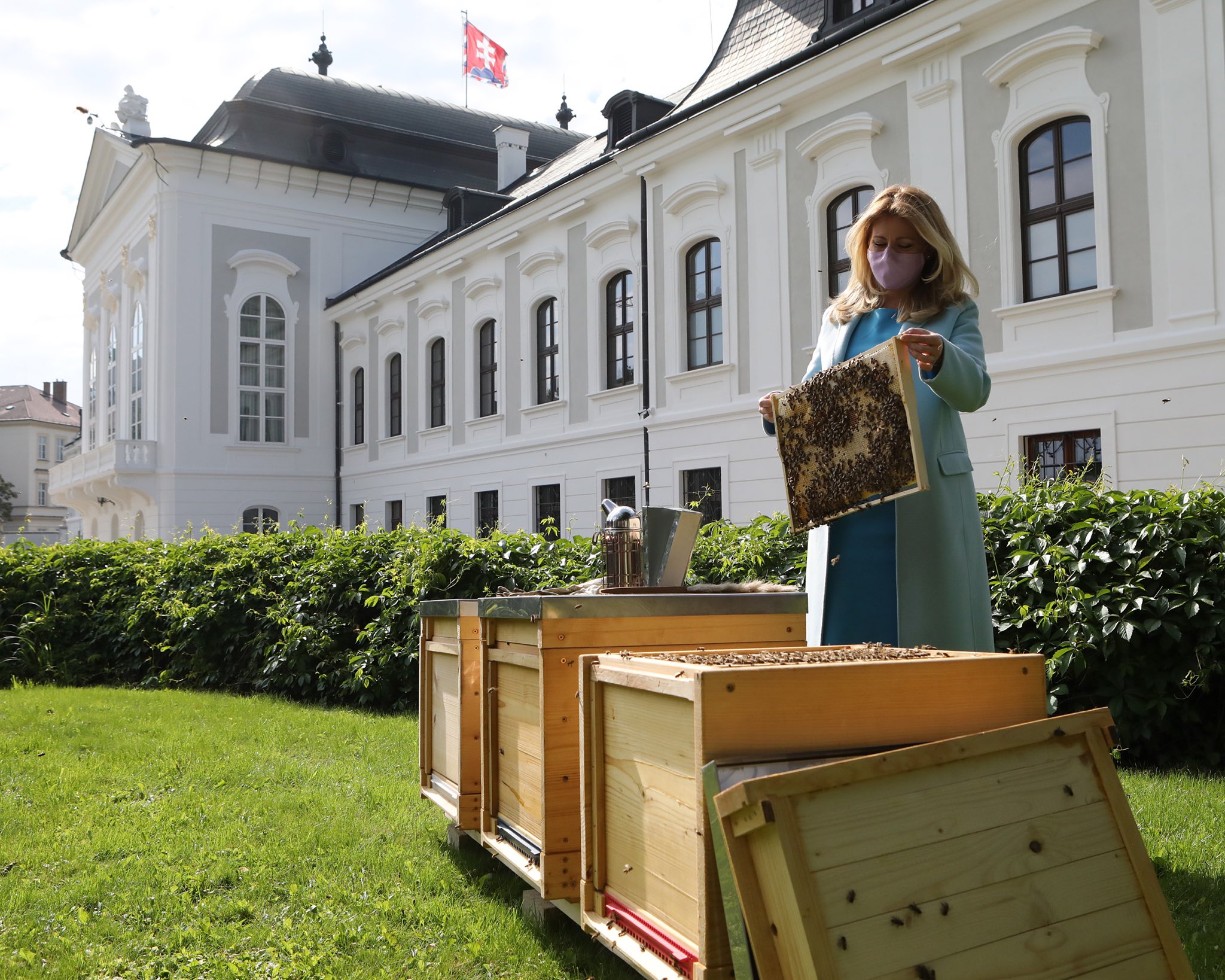
Another interesting project is taking place in NH Bratislava Gate One hotel, where they got involved in apiculture thanks to the owner, Rastislav Pavlišin, whose honey was awarded at the Apislavia 2018 exhibition. Visiting the rooftop terrace of one of Bratislava’s largest meeting hotels is an excellent educational opportunity, where they will explain why bees are important for the future of humanity.



